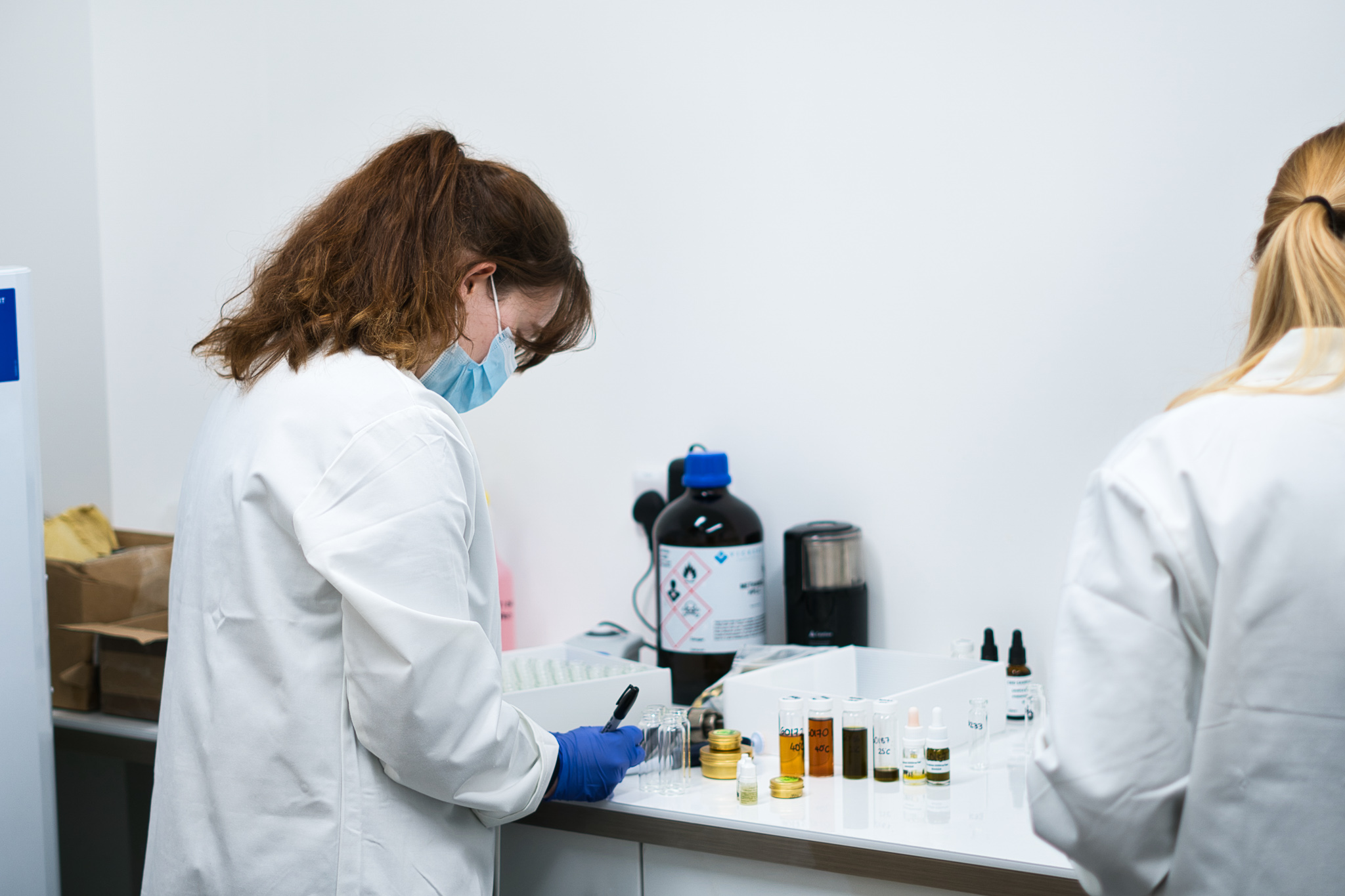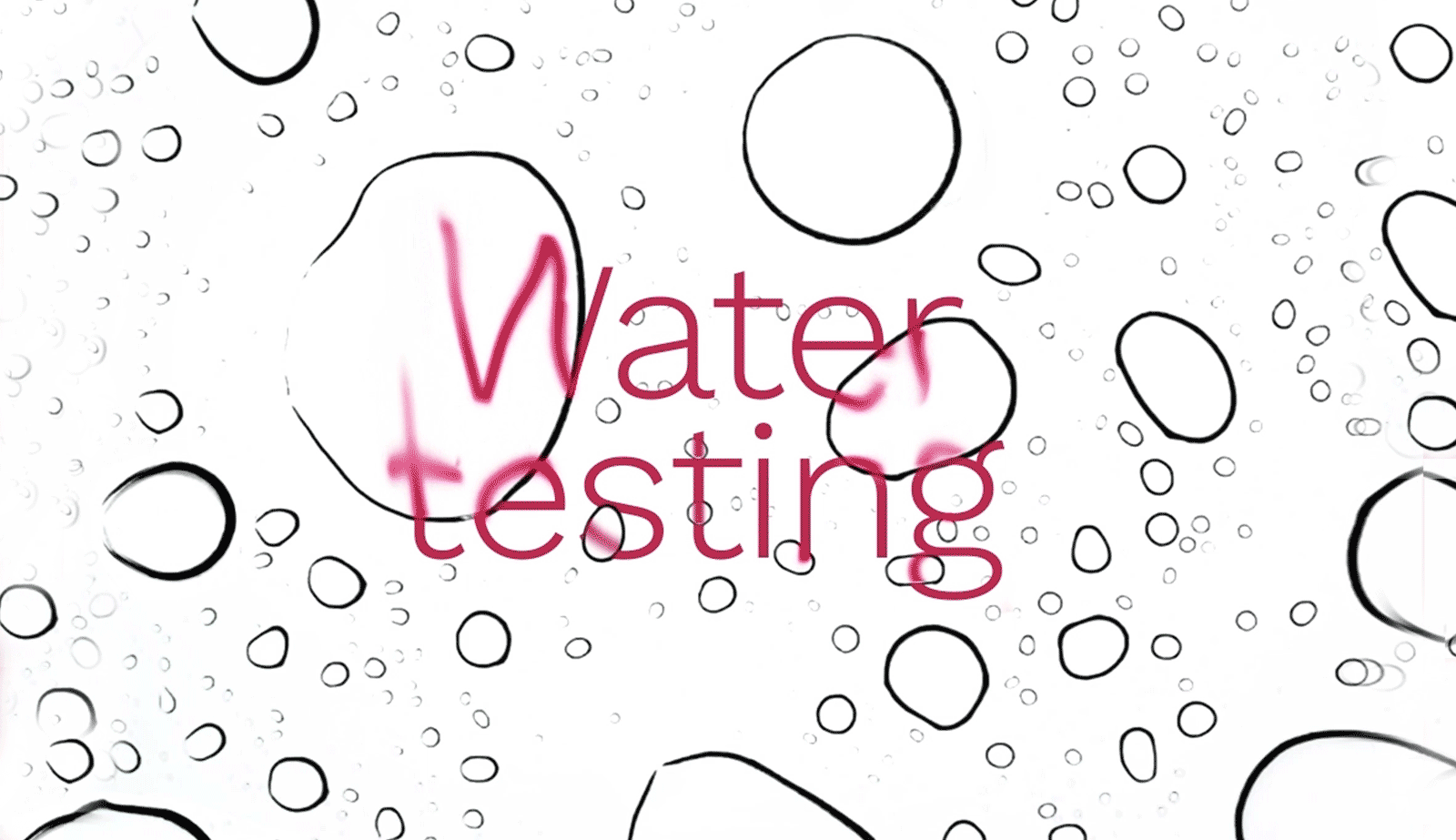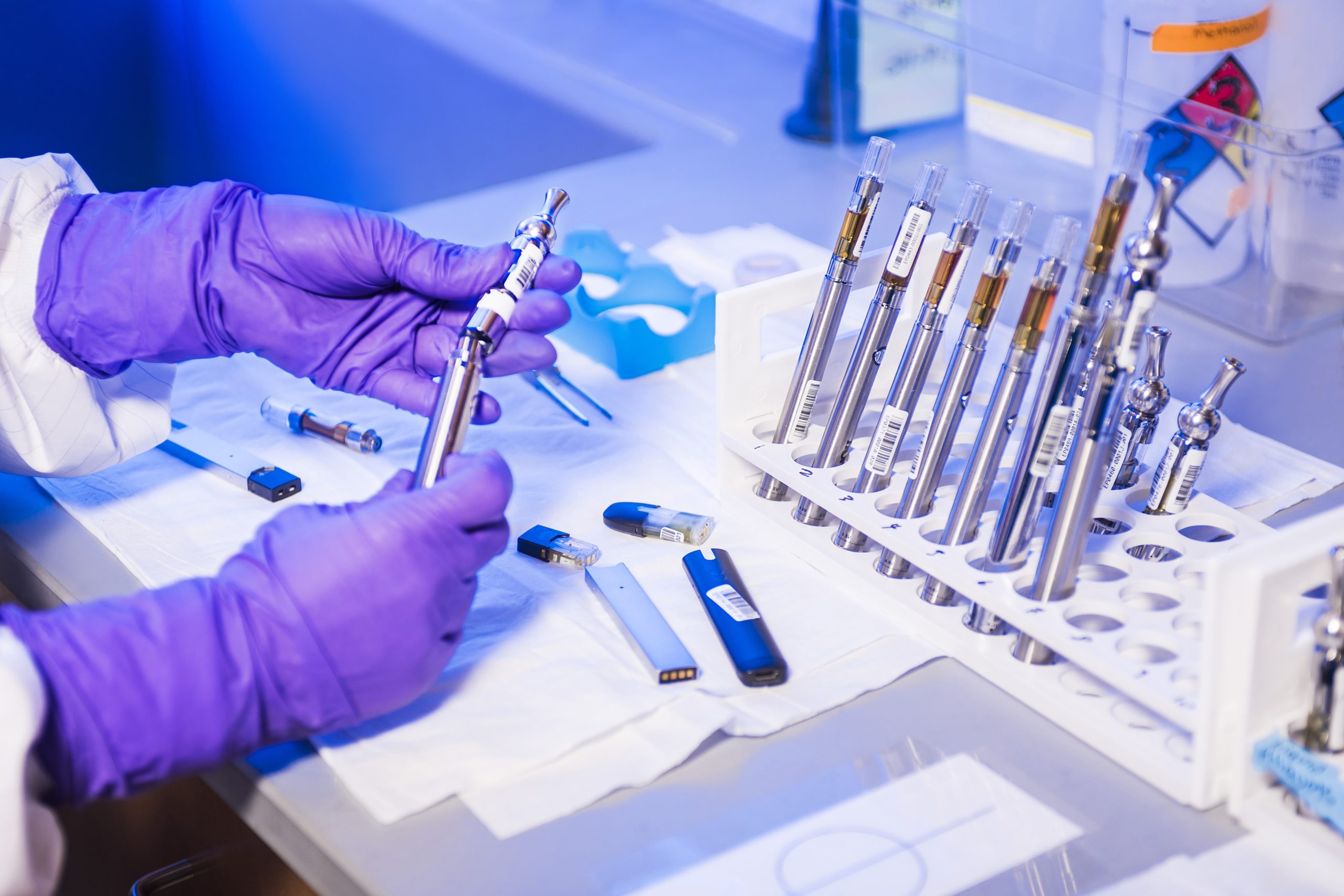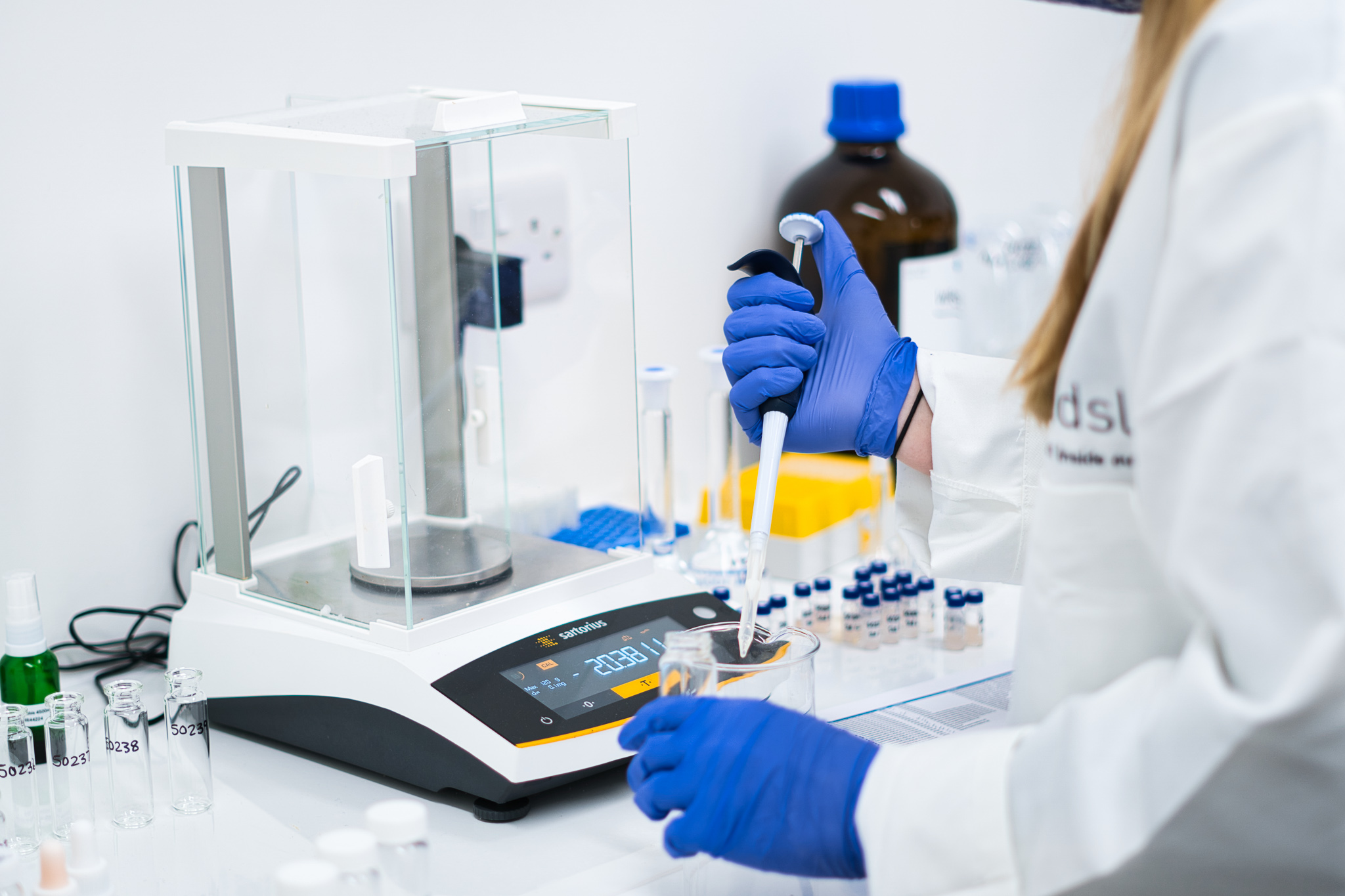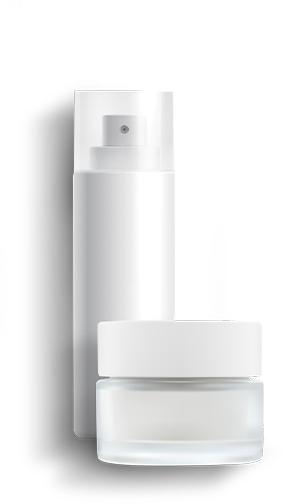Water testing in cosmetic products ensures the safety, quality, performance, and longevity of the products while also safeguarding brand reputation and meeting regulatory standards. It is vitally important that the quality of ingredients is monitored, and in most formulations, the main ingredient is water.
1. Safety:
The most paramount concern is consumer safety. Contaminated water can introduce harmful microorganisms, chemicals, or other substances that can cause skin infections, allergies, or other adverse reactions when applied to the skin or mucous membranes.
2. Product Quality and Stability:
The presence of contaminants, especially microorganisms, can compromise the quality and shelf life of a cosmetic product. For instance, microbial growth can cause spoilage, lead to off-odors, or alter the texture and appearance of the product. Contaminated water will also introduce stress onto the preservative system and may lead to weaker protection against microbial contamination throughout the shelf life.
3. Performance:
Contaminants or varying mineral contents can affect the efficacy and feel of the cosmetic product. For instance, hard water (high mineral content) might interfere with the performance of certain ingredients, leading to reduced effectiveness or changes in the product’s consistency.
4. Regulatory Compliance:
Many countries and regions have specific guidelines and standards that cosmetic products must adhere to. Ensuring water purity and quality helps manufacturers meet these regulatory requirements and avoid potential legal implications or recalls.
5. Brand Reputation:
Recalls or reports of adverse reactions due to contaminated products can damage a brand’s reputation. Regular water testing helps avoid such incidents, ensuring that consumers maintain trust in the brand.
6. Ingredient Interaction:
Some contaminants in water might react with other ingredients in the cosmetic formulation, leading to unintended side effects or degradation of specific ingredients.
7. Cost Efficiency:
Detecting and addressing contamination at the water source or in the formulation stage can be more cost-effective than addressing issues after the product has been manufactured or distributed.
8. Ethical Responsibility:
Cosmetic brands have an ethical responsibility to ensure their products are safe for consumers. Water testing is a vital aspect of this responsibility.
Take the next steps
Unlock the potential of your product with ADSL’s expert Microbiology and Laboratory Testing and Formulation services. To learn more, call us at +44 (0) 1803 520 048. Ready for personalized advice? Click ‘Get Started’ below to schedule your complimentary video consultation. We’re here to help your vision succeed.
